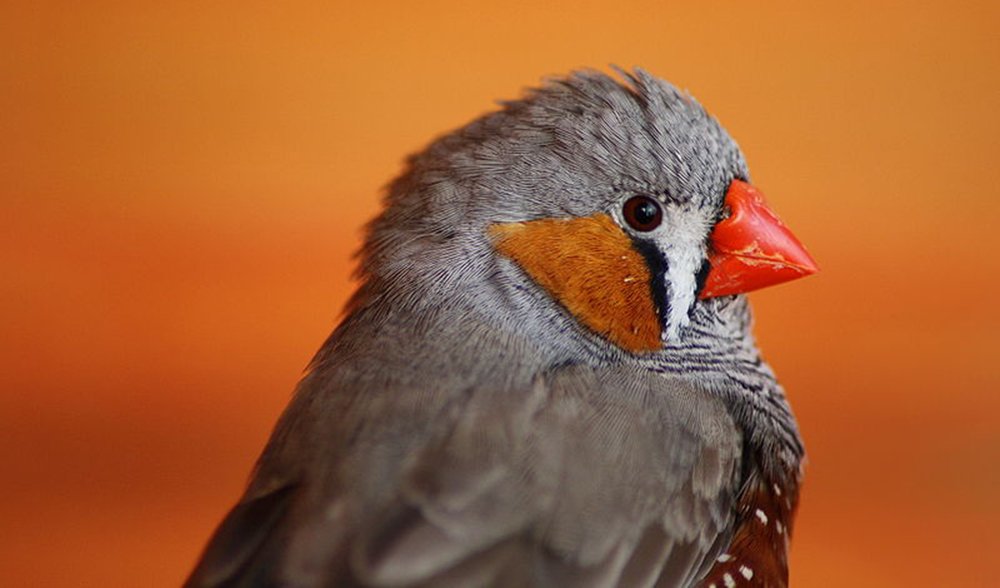Climate change causing bird eggs to hatch early

WARMER TEMPERATURES are causing zebra finch eggs to hatch early, a new study shows, and the results could be fatal to unhatched birds.
Scientists at Macquarie University in Sydney observed the embryonic development of zebra finches, a resilient native bird that builds nests in grassland and desert over most of Australia.
“Typically, zebra finches will lay one egg a day, for about five days, and will only start to incubate their eggs on the day that the last egg is laid,” explained lead researcher Simon Griffith, professor of Avian Behavioural Ecology at Macquarie University.
“This way, all the eggs incubate and hatch at the same time in the nest, making it easier for the parents to feed and look after the chicks evenly.”
However, when temperatures heat up, this pattern is interrupted, and the eggs begin to develop before incubation begins.
The paper, published this week in Royal Society Open Science, records temperatures of up to 50 degrees Celsius in the nests of zebra finches. Simon says prolonged temperatures over 40.5C can be lethal to embryos, not to mention unpleasant for adult birds during incubation.
In addition to the heat, the impacts on the rate of embyronic development can also prove deadly: when hatching times are uneven, the portioning of food from adult birds can become unequal.
“A zebra finch nestling will double in size within the first 24 hours of life,” said Simon. “If they hatch at different times, the parents end up giving most food to the biggest chicks. As a result, the last chicks to hatch get very little food and ultimately become runts and die.”
Implications for all wild birds
Kate Buchanan, an associate professor at the School of Environmental Sciences at Deakin University in Melbourne, says the study is particularly interesting because it shines a light on the potential impact of elevated temperatures on all wild birds.
“In Australia, a large percentage of our birds have some association with areas which are climatically challenged and short on water, so the predictions are that a large proportion of our fauna will be detrimentally affected even by a two degree change in climate,” Kate said.
However, Kate remains hopeful that birds will be able to adapt to this shift in climate. “Birds don’t randomly choose their nest. They choose their nest site according to expected temperature profiles, according to the amount of cover over the nest, and the direction the nest boxes face,” she said.
Simon agrees that evolution is likely, but adds that speed is of the essence.

Image: Maurice van Bruggen / Wikimedia Commons
RELATED CONTENT:
-
Zebra finches negotiate parental duties through song
-
DNA blueprint of zebra finch gives human language blueprint




